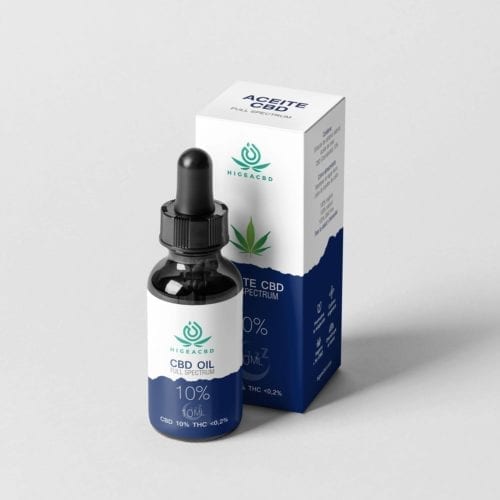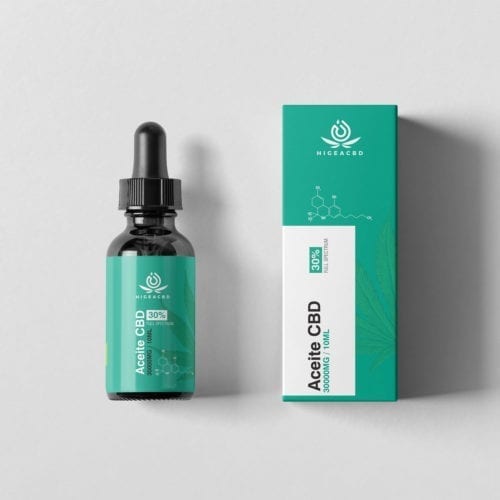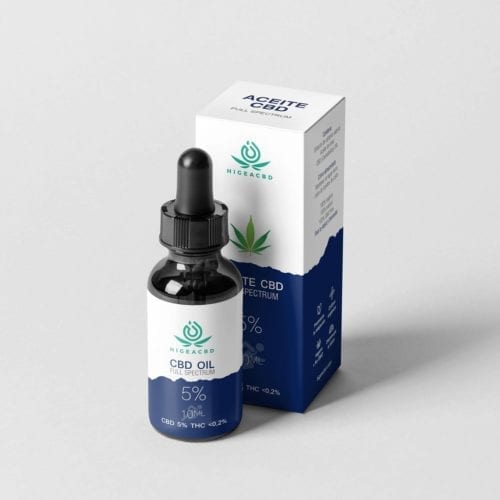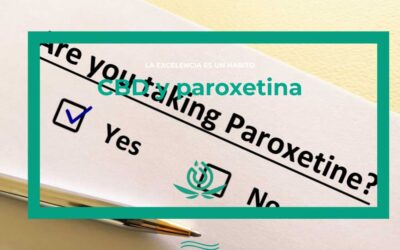Cannabis y anorexia
Cannabis and anorexia are two terms that seem to have nothing in common. However, as medical marijuana becomes legalized, more is known about its benefits. Beyond the fact that the cannabinoids in the plant can soothe pain, many are now questioning whether cannabis can be used to treat anorexia.
It is an interesting question, since a distinctive feature of cannabis is that it provokes hunger. It must be said that the use of this plant has been studied as a treatment for anorexia related to diseases such as cancer and AIDS.
Despite this, there is very little research on whether the components of cannabis could have a positive effect on people with anorexia. Especially in those who suffer from the best known type of anorexia: anorexia nervosa.
Showing 1–8 of 25 results
-
Sale!
Aceite Higea CBD 10%
29,95€ Add to cart -
Sale!
Hygea CBD Oil 20%.
49,90€ Add to cart -
Hygea CBD oil 30%.
89,95€ Add to cart -
Sale!
Aceite Higea CBD 5%
19,95€ Add to cart -
Higea CBD muscle pain cream 50 ml
21,95€ Add to cart -
Basic Pack
47,41€ Add to cart -
Medium pack
94,81€ Add to cart -
Sale!
Healing Balm Hygea CBD
19,95€ Add to cart
How does an eating disorder like anorexia originate?
Eating disorders are not caused solely by the desire to be thin, contrary to popular belief. Anorexia, bulimia, and binge eating disorder are genetically predisposed in some people. In addition, the intrusive thoughts that plague sufferers are similar to those that affect people with obsessive-compulsive disorder.
Two-thirds of people with anorexia show signs of an anxiety disorder before the eating disorder appears. This may be generalized anxiety, social phobia, or obsessive-compulsive disorder. Anorexia is notoriously difficult to treat because of these comorbid conditions.
Restrictive eating disorders, such as anorexia, can lead to progressive starvation. This can affect the brain and therefore the intellect. This makes it much more difficult to treat these patients.
It is important to keep in mind that anorexic patients who are critically ill may want to eat and recover. However, they may also feel trapped by ritualistic thoughts and behaviors.
Bulimia and binge eating disorder, meanwhile, present different but similar challenges. In addition, the symptoms of these disorders often overlap with those of anorexia. For example, binge eating can last for hours and result in the consumption of a large number of calories. Both eating disorders can affect people of any weight, including extremely obese people.
Although body weight does not influence the severity of the illness, anorexia remains the most lethal of all psychiatric disorders. The mortality rate of anorexia is estimated to be 10%.

Anorexia and the endocannabinoid system
As mentioned before, the endocannabinoid system is a network of receptors, enzymes and endocannabinoid molecules that keeps the body in a state of homeostasis or balance. In our body, overactive neurons receive a “calm” signal from CB1 receptors in the central nervous system.
Clinical studies suggest a link between a defective endocannabinoid system and the development of an eating disorder such as anorexia. This is because the receptors are abundant in the regions of the brain that regulate food intake.
CB1 and CB2 receptors are abundant in the regions of the brain that regulate hunger and control eating behaviours. Consequently, these receptors are involved in the regulation of feeding and energy balance.
Ingested cannabinoids can help patients relieve anxiety and increase or decrease food intake. This is due to the way they bind to CB1 receptors. Those who use cannabis have known for a long time what science now backs up: cannabis relaxes you and makes you hungry.
What are the benefits of cannabis for anorexia?
Medical marijuana has received little research specifically for the treatment of eating disorders. Despite this, it is often used as an appetite stimulant in people with other serious medical conditions. It has the potential to increase appetite in people suffering from anorexia nervosa, who are often unaware of their natural hunger cues.
According to 1988 research, smoking marijuana can increase a person’s caloric intake by as much as 40%. That study found that THC, the main chemical compound in marijuana, stimulates metabolism, and leads to more eating in both social and private settings.

Increased appetite and snacking habits can be helpful for weight loss. Also for recovery from anorexia disorder in the early stages. It could be argued that the calming properties, which are often associated with medical cannabis, may help with concurrent anxiety symptoms or other problems later in recovery.
Other research on cannabis and anorexia nervosa suggests that dysfunctional regulation, and underlying imbalances in the endocannabinoid system, are common in these eating disorders. Therefore, a cannabinoid-derived treatment may be therapeutically beneficial.
In other words, this research indicates that cannabinoids would have the potential to correct cannabinoid deficiencies. Not only that, they may also help people with anorexia nervosa return to a healthy state. Unfortunately, this research was very small, so more research is clearly needed.

Important factors to consider
Of course, the benefits of medical cannabis are still debatable. Especially when it comes to its use in mental health disorders. We must not forget that eating disorders often coexist with substance abuse. Therefore, the risk of psychological or physical dependence on medical marijuana is increased.
Furthermore, cannabis as a medicine should not be the only treatment option available to a patient. This, like any other medication for the treatment of eating disorders, must be combined with therapy, dietary management, and other measures.

Conclusions on Cannabis and Anorexia
Ultimately it is crucial to discuss the problems of anorexia with a medical specialist to determine if cannabis will help with recovery. It should also be noted that THC has different effects on different people. Therefore, it is essential to mention to the doctor, if the eating disorder is worsening.
What is certain is that it is possible to better determine the benefits of medical marijuana in the treatment of anorexia if more support for research in this area is encouraged.
Related articles
CBD bruxism
In this article we will tell you about the benefits of CBD bruxism. What it consists of, symptoms, causes and possible treatments
Can CBD oil help treat postpartum depression?
CBD in the treatment of postpartum depression prevents the breakdown of natural anandamide in the new mother’s body
CBD for rosacea
CBD for rosacea. What this skin condition consists of, its main symptoms, what causes it and the most recommended treatments.
CBD and paroxetine
Paroxetine is an antidepressant that is also used to treat anxiety and depression. Can CBD and paroxetine be consumed?
CBD tinnitus
Whistling or ringing in the ears is a condition experienced by many people and is called tinnitus – can CBD be used?
CBD for hemorrhoids
The most common symptoms of this condition, the causes, its treatment, and how you can use CBD to treat hemorrhoids.
Subscribe to our newsletter
Subscribe and receive a 10% discount on your purchase.
Store
Categories
Guides
Legal notice and privacy policy
















